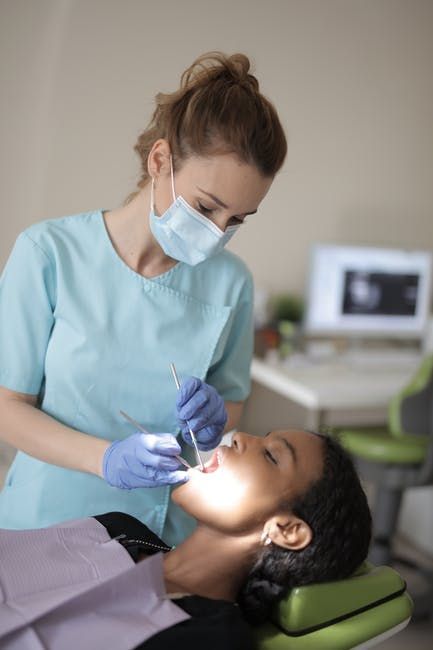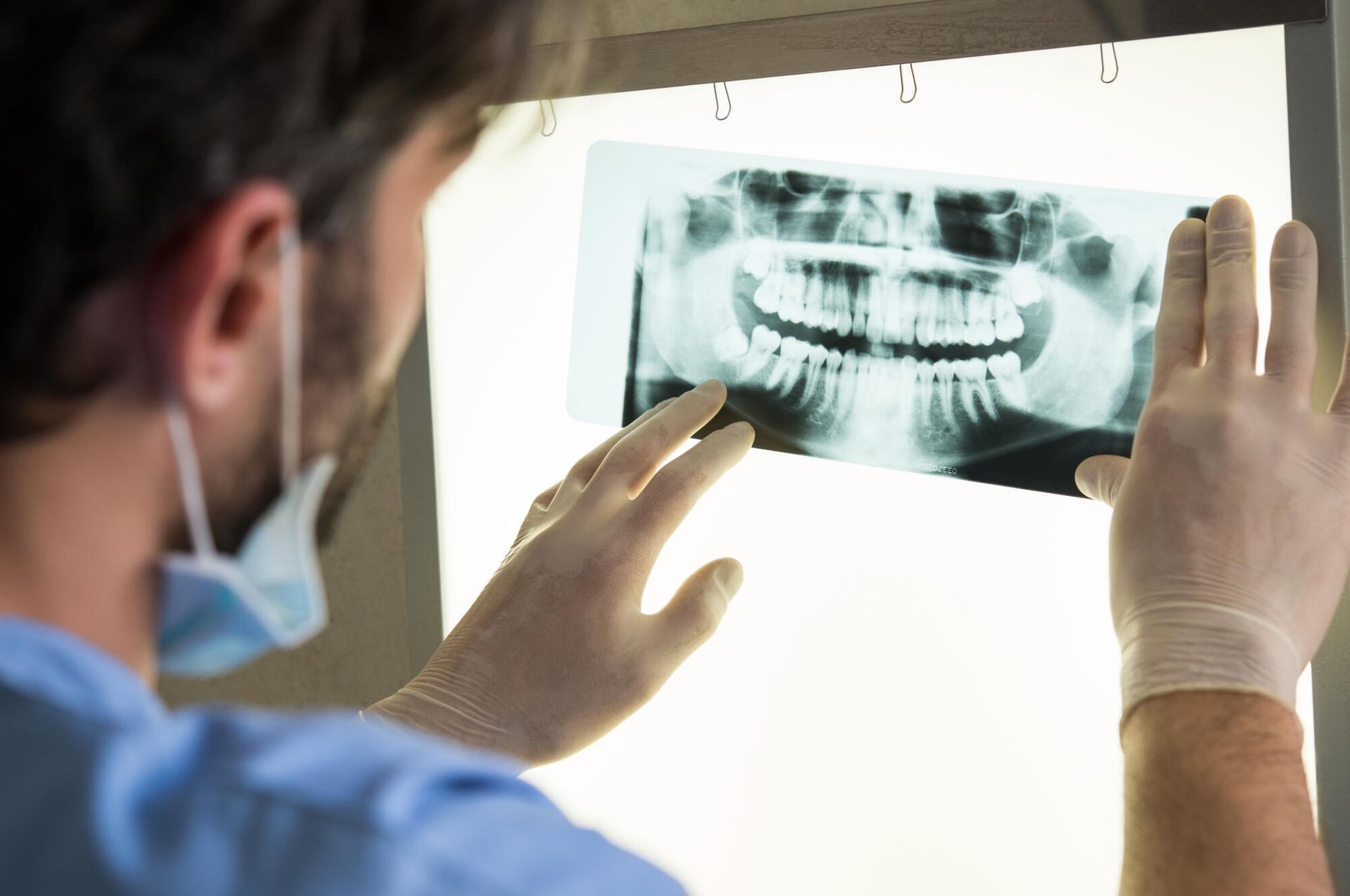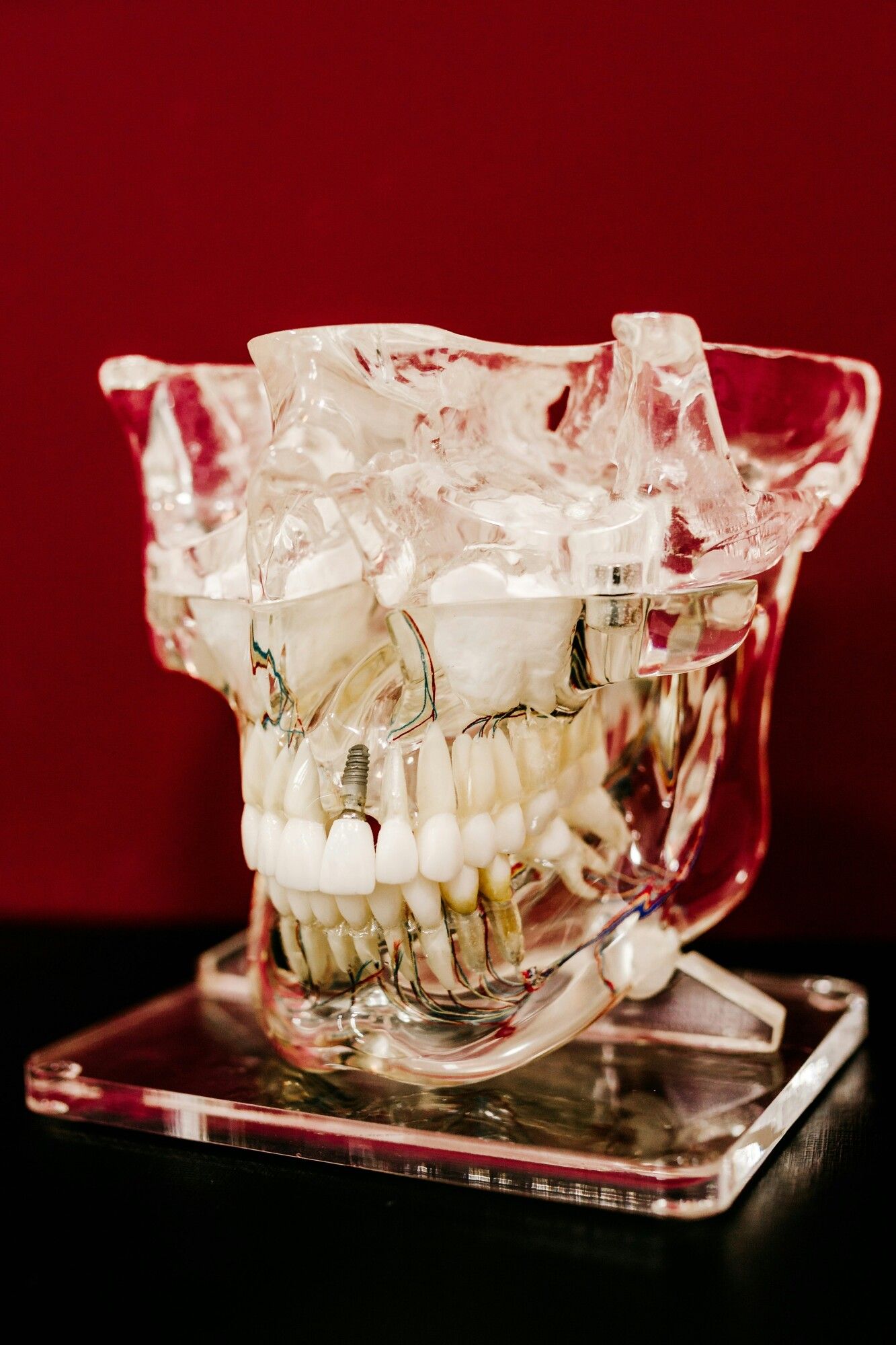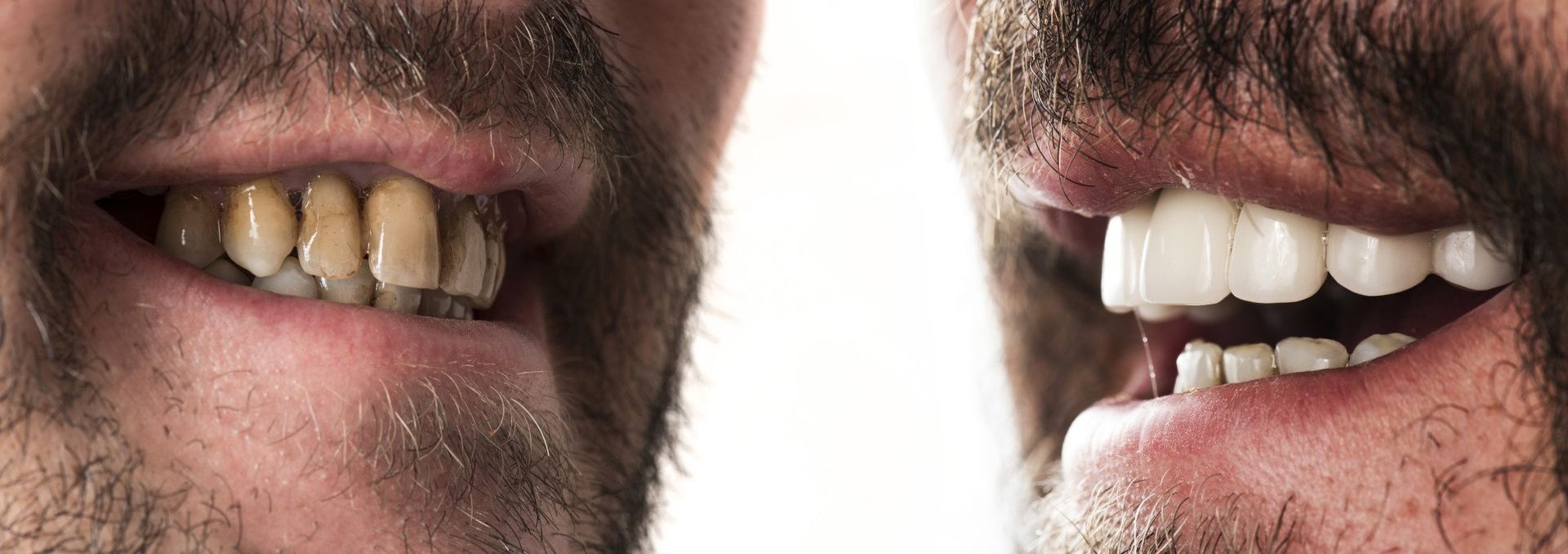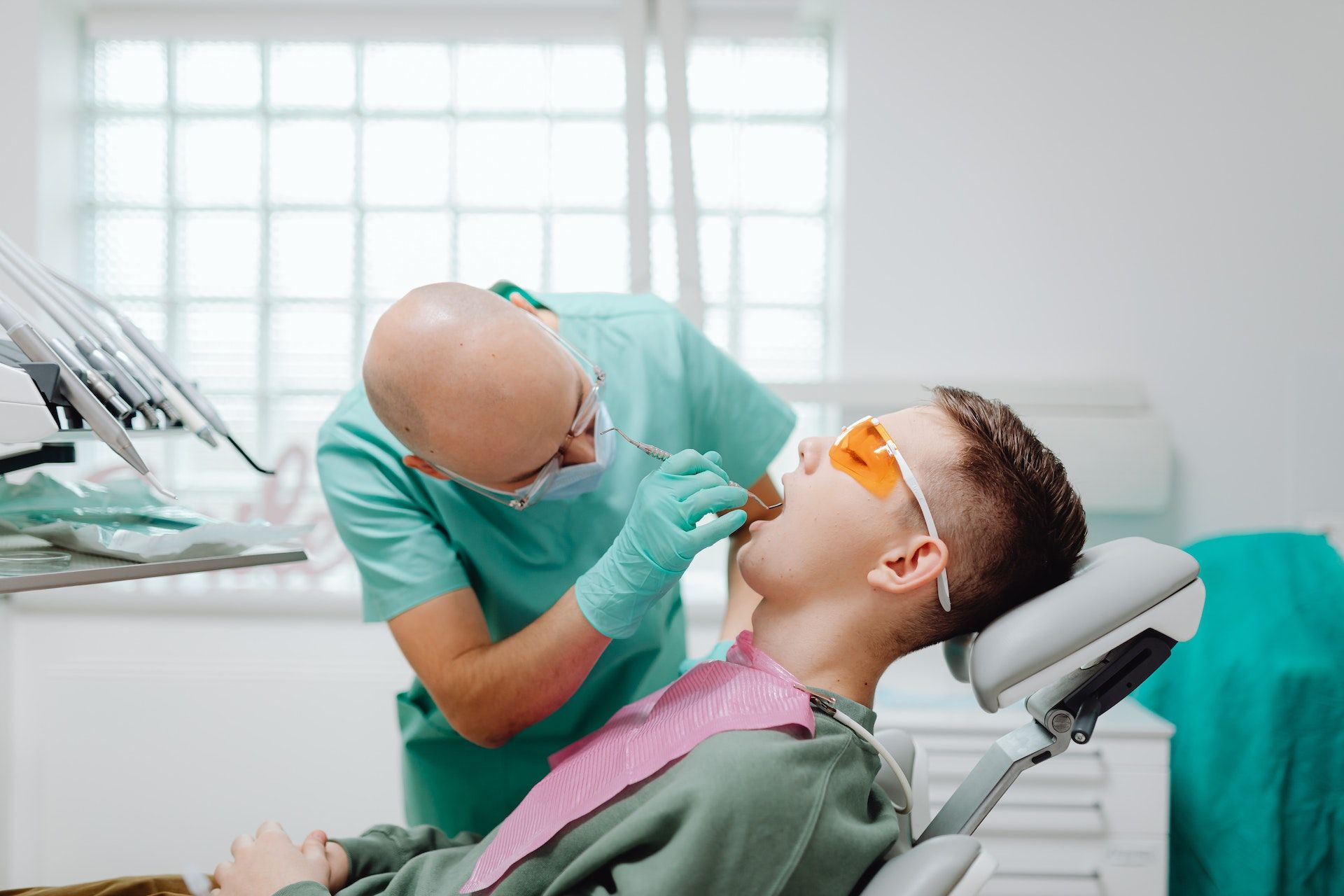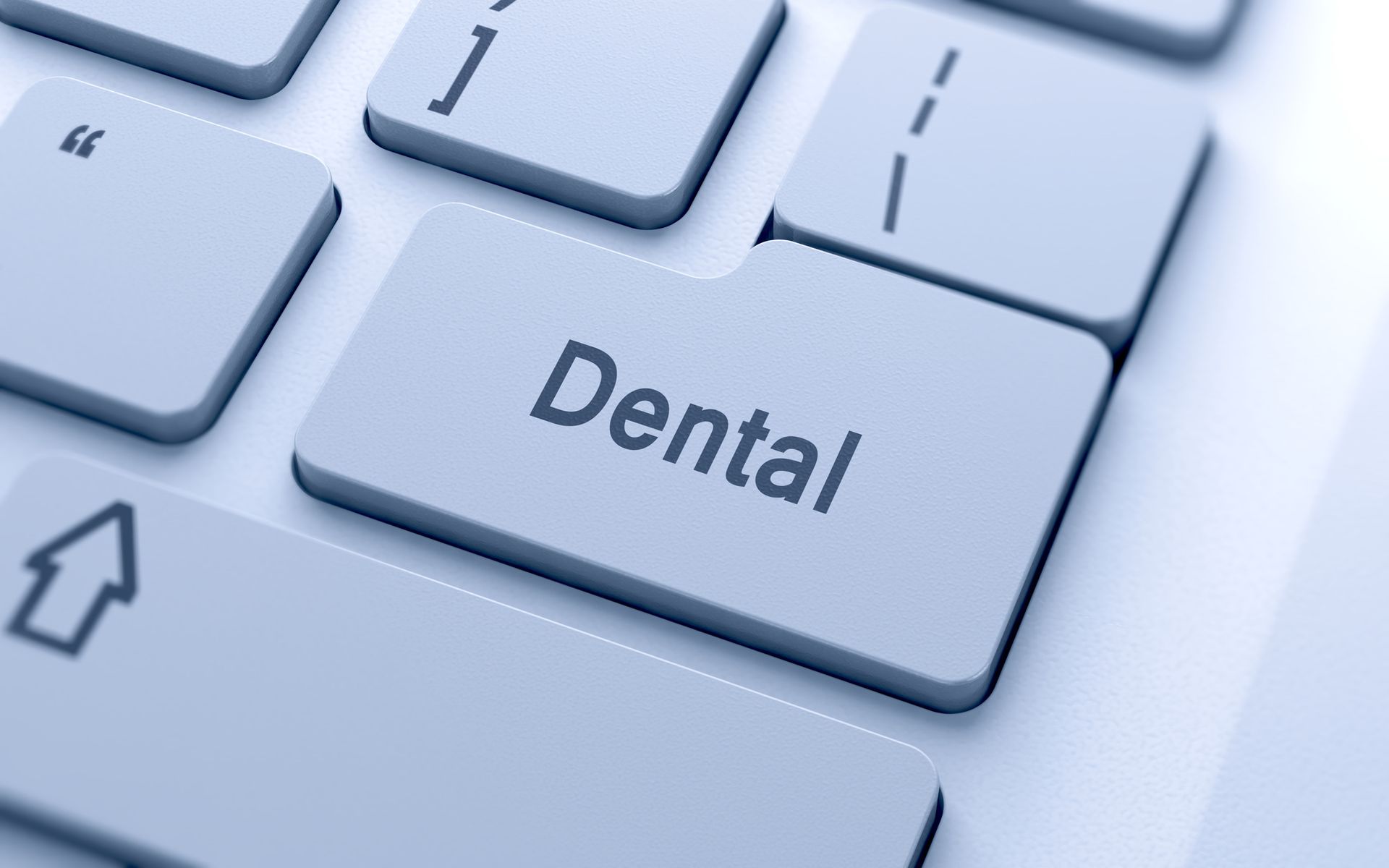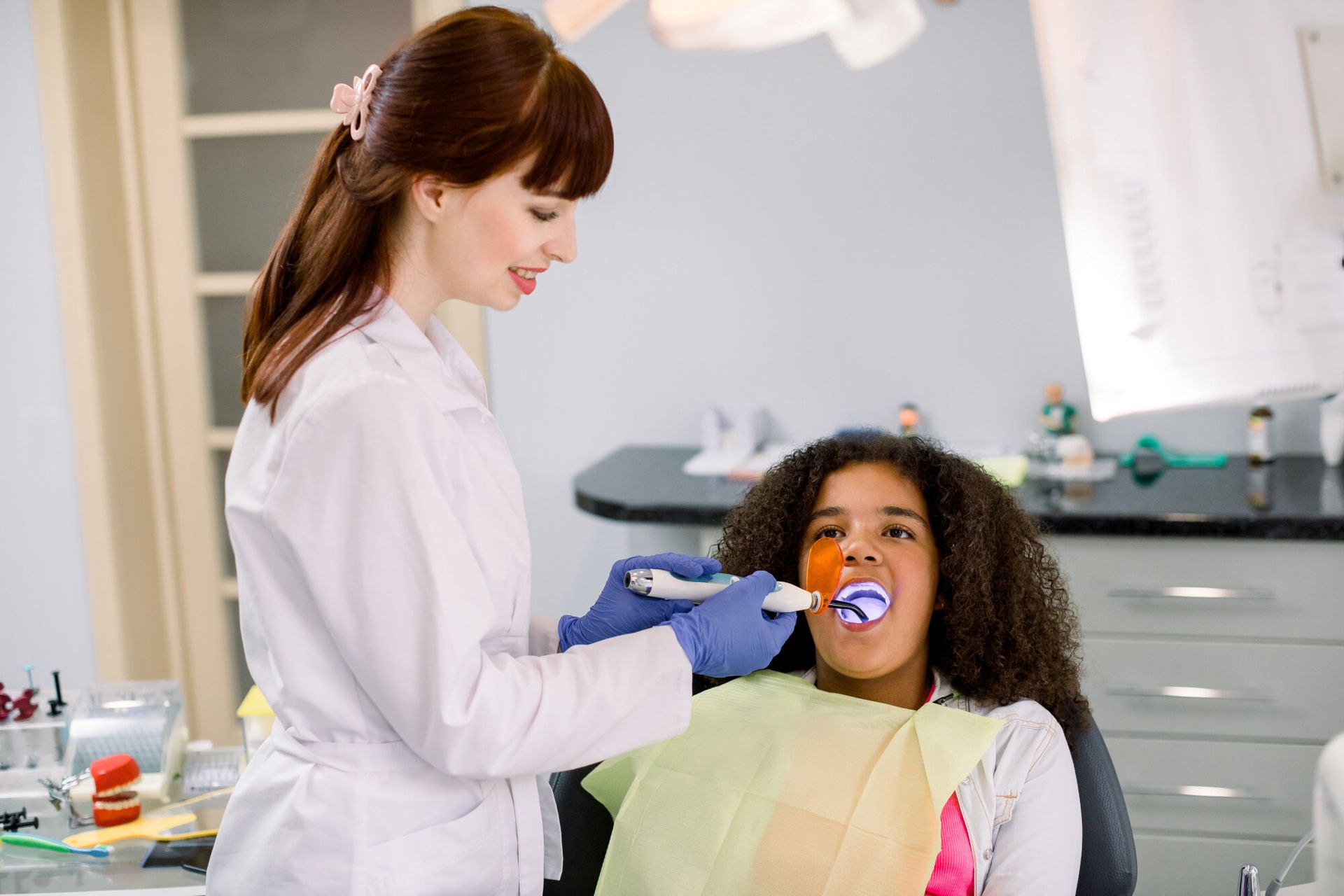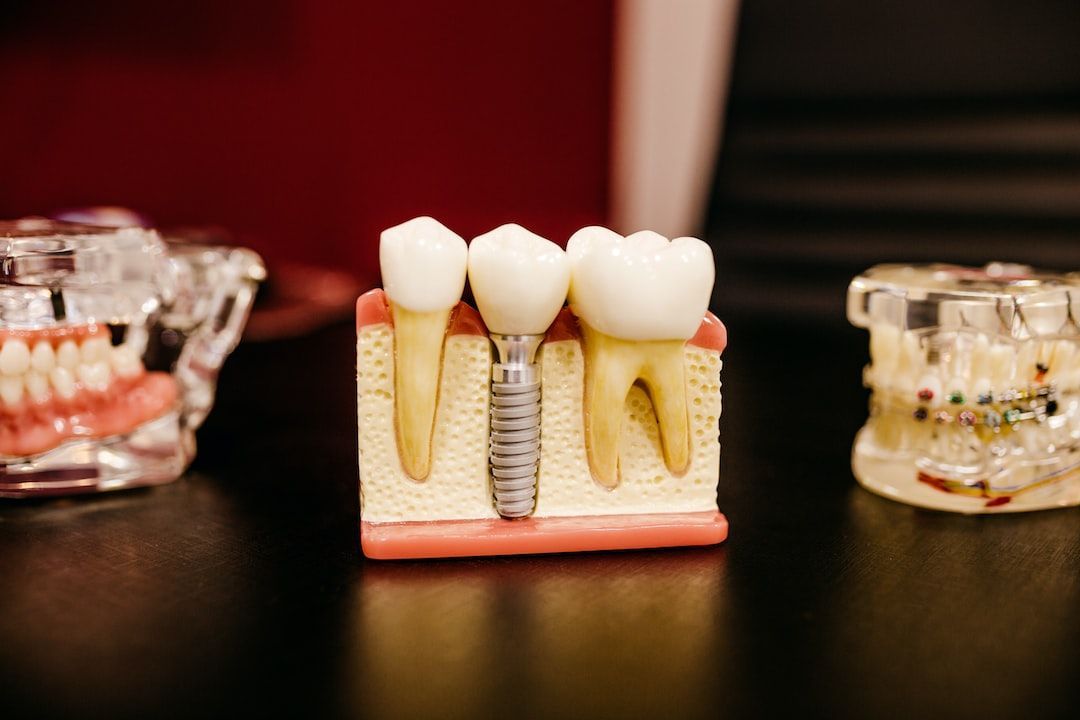West New York, NJ
(201) 865-5150
Teaneck, NJ
(201) 836-4400
West New York, NJ
(201) 865-5150
Teaneck, NJ
(201) 836-4400
How Long Does It Take for Oral Cancer to Develop in the Mouth?
What Is Oral Cancer?
It is a type of cancer that affects the oral cavity only. This type of cancer can be anywhere in the mouth, so patients experience varying oral cancer symptoms. Besides, there are different types of oral cancer, depending on the area of your oral cavity affected. They include the following:
- Tongue cancer
- Lip cancer
- Throat cancer
- Gum cancer
- Cancer of the oral palate – the roof of the mouth
- Pharynx cancer
- Cancer of the oral lymph nodes
The Common Symptoms of Oral Cancer?
At Complete Dental Works – WNY, few patients with oral cancer experience similar symptoms. Usually, the symptoms will vary based on the severity and the location of the cancer. The common symptoms that could indicate the presence of cancerous cells are:
- White or reddish velvety patches in your mouth.
- Lumps, bumps, and tumors in your mouth – they could be painless or painful.
- Recurrent mouth sores that do not seem to heal after some time.
- Sore throat – presenting other symptoms like unusual hoarseness in your voice.
- Darkening of the tongue.
- Unexplained bleeding in the mouth.
- Numbness, tingling sensation, or tiredness in parts of your mouth and neck.
Causes of Oral Cancer
The causes of oral cancer are linked to factors that heighten your risk of cancerous cells in your mouth. Some of the factors are:
- Smoking
- Genetics – when people in your family have been diagnosed with oral cancer.
- A previous diagnosis of cancer
- Excessive consumption of alcohol
- Aging – people over 50 years are more likely to get oral cancer than younger ones.
- Excessive exposure to direct sunlight
- Human papillomavirus (HPV) – Sexually transmitted through oral sex
Dental experts recommend oral cancer screenings annually for high-risk patients to keep tabs on their dental health.
What Is Oral Cancer Screening?
Many people consider oral cancer screening as part of the treatment for mouth cancers. However, it is not true. Oral cancer screenings are not treatments for curing or treating cancer.
Instead, they are tests that dental experts conduct to check for the presence of precancerous cells in your mouth. In that sense, oral cancer screening is more a preventive and diagnostic tool than a treatment protocol.
How Oral Cancer Screening Test Helps in Diagnosis?
Just because you have an oral cancer screening test does not mean that you need an oral surgeon in West New York for treatment. In many cases, dental experts recommend oral cancer screenings to high-risk patients or people with tell signs that may indicate mouth cancer. The essence of oral cancer screening is when:
- Differentiating between oral cancer and other dental problems – for instance, you can self-diagnose gum disease for oral cancer, or vice versa due to the presence of mouth sores.
- Detecting oral cancer in its early stages – if your dentist suspects precancerous cells in your mouth, a screening test is the necessary first step to catching cancer early.
- Improving the quality of life – if you are at a high risk of getting oral cancer, it can make your life quite miserable, constantly worrying about your health. An oral cancer screening test will promote peace, improving the quality of your life. Besides, your dentist can help you make necessary adjustments in your lifestyle to support healthy living and reduce the chances of getting oral cancer.
- As preventive dental care – patients with a high risk of getting mouth cancer need preventive dental care to stay on top of their dental health. The stakes are higher with oral cancer because the disease can take years before it develops in your mouth. Many people may not develop cancer until they are over 55 years.
Summary
Although oral cancer screening tests help with diagnosis, the only way to confirm that you have oral cancer is through different tests like biopsy. A screening test will help your dentist determine whether there is a need to probe further to detect any cancerous cells.
All Rights Reserved | Complete Dental Works
201-468-6207




